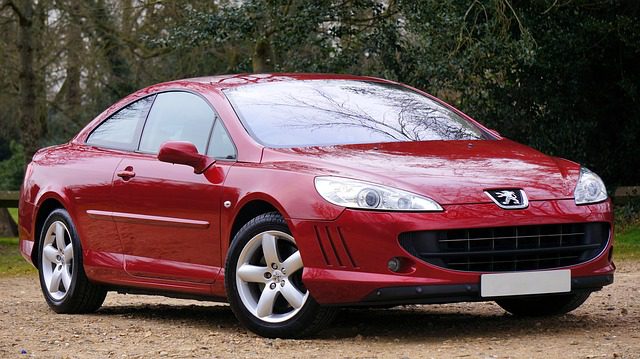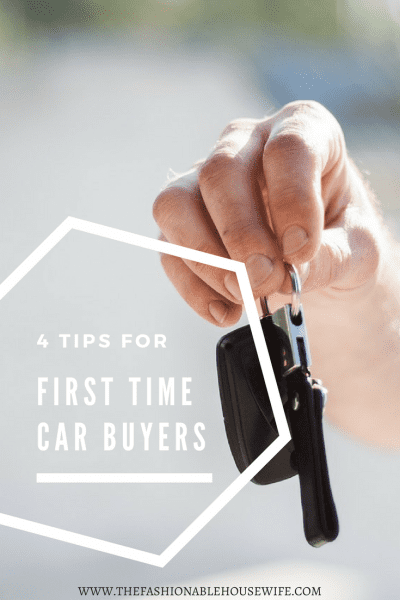Buying your first car is always an exciting time, whether you’ve gotten your driver’s license as early on as possible or have decided to get on the roads later in life. Your first car will, of course, depend on the type of use you’re planning. Smaller, city cars are perfect for short commutes to work or school, while larger cars are great for anyone who needs space to transport their family. Before you take the plunge and buy your first vehicle, there are several important things you’ll need to consider. These include:
#1. Price:
The first factor that you’ll need to think about before buying your first car is the price. In general, you can expect to pay a lot more for a brand-new car – vehicles lose a lot of value just by being driven out of the showroom, which is why many drivers today tend to opt for nearly new cars that have been used sparingly, for example on test drives only. If you’re finding that too expensive, second-hand, used cars are usually the best for those on a small budget. You can buy these from reputable used car dealers or private sellers.
#2. Finances:
Once you’ve decided on a budget and have shortlisted some potential cars, it’s time to consider how you’re going to finance this purchase. After all, second to your home, your car is typically one of the largest purchases you’ll make. In general, you will have two options. These are to buy the car outright in cash, or purchase it on finance, with a monthly repayment agreement. Bear in mind that many car finance agreements will last for several years, so ensure that you’ll be in a position to afford your monthly car budget. Financing is available to those with all kinds of credit scores and even those with bad credit scores can find great rates and affordable prices.
#3. Insurance:
Once you’ve found a car that you like, it’s time to go about getting it insured to drive on the road. Bear in mind that it is illegal in most states to drive on main highways and roads without the right insurance for your vehicle. In the event of a road accident, your insurance company will pay out to cover any damage to yourself, your vehicle and any other road users involved. It’s a wise idea to get several quotes for insurance before choosing a policy that suits your budget best. Consider using a dash cam or telematics device that can help bring the cost of your insurance down.
#4. Maintenance:
Lastly, it’s important to think about maintaining your car once purchased. You will need to find a reliable, local auto repair shop where you can take your car for servicing, regular road safety checks, and any minor or major repairs that may be necessary. It’s a good idea to do some research on getting parts for your vehicle; some models are significantly cheaper to get parts for.

If you liked this article, please let us know!




